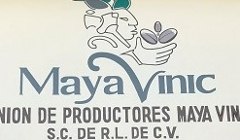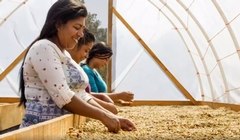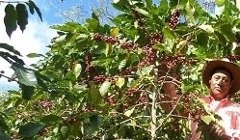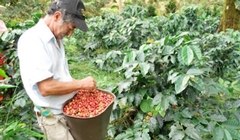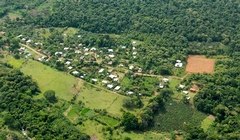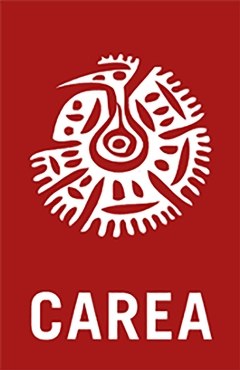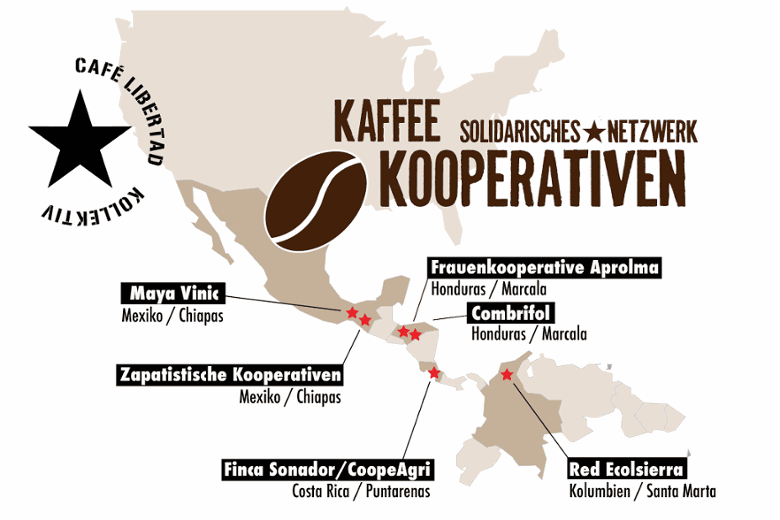
Cooperatives are associations of small-scale farmers producing, processing and exporting their coffee in a self-organised way. Presently, Café Libertad is cooperating with six coops:
In Mexican Chiapas with Zapatista coffee coops Yachil Xojobal Chulchán and Yochin Tayel Kinal as well as coffee coop Maya Vinic. In Honduras, with women's cooperative Aprolma and coop Combrifol from Marcala - La Nahuaterique specifically. In Colombia with cooperative Red EcolSierra and in Costa Rica with Finca Sonador and CoopeAgri.
For instance, we support cooperative small-scale farmers in Zapatista communities in Chiapas, producing their coffee organically beneath traditional shadow trees and pesticide-free. Coffee beans are manually removed from the pulp and dried in the sun, instead of industrial pit removal and drying usually applied in plantation coffee processing. Small-scale cultivation and processing methods are sustaining resources, mixed planting of shadow trees is supporting the climate and is improving the region's living conditions in a sustainable way.
By means of collective self-organisation, coops are increasing the value added locally in coffee production, strengthening both collective structures in rural communities and the foundation of social protests. Organic coffee from Zapatista cooperatives stands for more than 'merely' organic or fair-certified coffee. As a colonial heritage, you can buy the latter from corporations or major landowners. Ask where your coffee comes from, who has been cultivating it and who is benefiting from its marketing.
